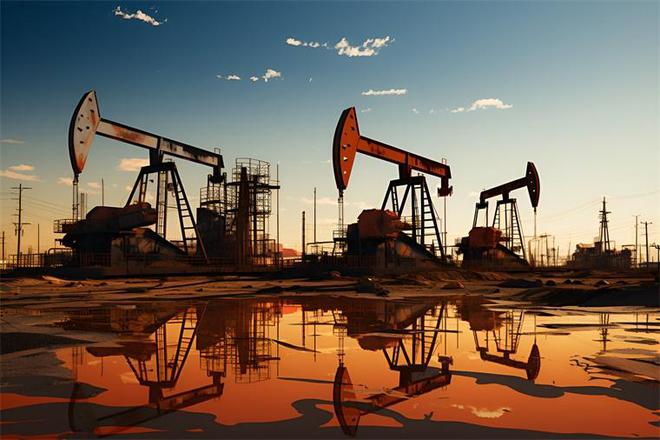
Britain's oil and gas regulator on Friday awarded 31 new hydrocarbon exploration licences as part of efforts to extend production in the ageing basin.
The licences are part of the third and final tranche of the North Sea Transition Authority's (NSTA) 33rd oil and gas licensing round, which has awarded a total of 82 licenses to 50 companies.
The round has so far licensed exploration activity with the potential to add around 600 million barrels of oil equivalent (mmboe) up to 2060, or 545 mmboe by 2050.
That has angered environmental groups who have argued that the expansion of oil and gas production is inconsistent with the government's target to become a net-zero carbon economy by 2050.
The licences are mainly for gas extraction from the southern North Sea, industry body Offshore Energies UK said, with the potential to start production within the next five years.
Friday's awards follow 27 licences offered in a first allocation in October last year and 24 licenses offered in a second allocation in January, the NSTA said.
An exploration licence does not necessarily result in a producing field.
Britain's North Sea output stands at about 1.3 million barrels of oil equivalent per day (boed). That is down from about 4.4 million boed - more than OPEC heavyweight Iraq - at the start of the millennium.
Output is projected to decline to less than 200,000 boed by 2050, the NSTA says.
The NSTA has introduced a new clause for overlapping oil and gas licences and wind leases for the first time, as the main commercial mechanism for these licences to resolve spatial overlaps.
It has identified a number of awards that have direct or very close proximity to some wind farm leases of The Crown Estate and Crown Estate Scotland, and is engaging with the offshore industry on co-location.